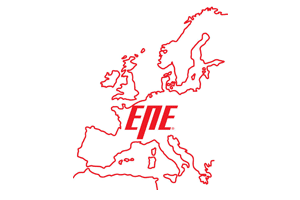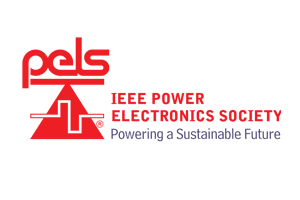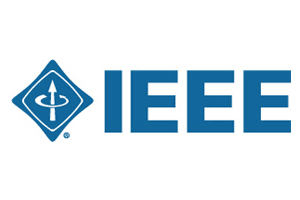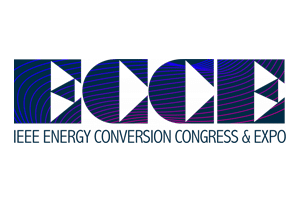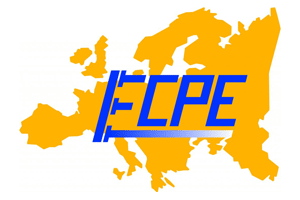The following tutorial is planned for Friday 8 September 2023 in the morning:
(Provisional Programme)
TUTORIAL N° 03
Morning
(09:30 – 13:00)
Focus Topic 5
Emerging Power Electronic Devices
and Semiconductors
Room: 1.08 Tunnelen
SiC MOSFET Gate Drivers for High-Power Applications
- Drazen DUJIC, École Polytechnique Fédérale de Lausanne (EPFL) – Power Electronics Laboratory, Switzerland
- Chengmin LI, École Polytechnique Fédérale de Lausanne (EPFL) – Power Electronics Laboratory, Switzerland
As the next-generation power devices, SiC MOSFETs are gradually increasing their presence in a wide range of applications. Compared with the silicon counterparts, SiC MOSFET has higher voltage blocking capability, high switching frequency and potential high-temperature capability. These superior characteristics will significantly improve the performance of power conversion systems where efficiency and power density are the most critical performances. As the link between the control and power in the power electronics system, gate driving of SiC MOSFETs is critical to fully utilize the potential of the devices. However, simply leveraging solutions for Si devices are not enough. The challenges brought by high-speed switching, reliability-related issues and cost constraints require continuous work. This tutorial covers the basics of the SiC devices, the ultra high-speed switching characteristics, the gate driving principles and device protections, as well as the high power applications of SiC MOSFETs. This will be supported by practical examples and learnings of the authors at Power Electronics Laboratory at EPFL.
Tutorial 03: INFORMATION FILE

